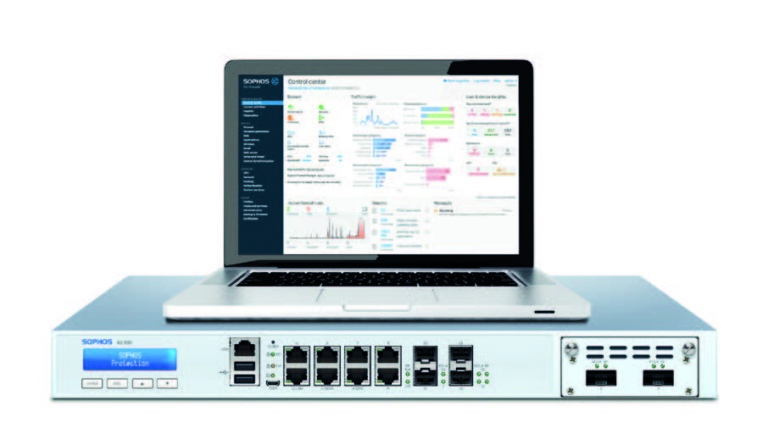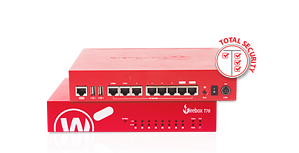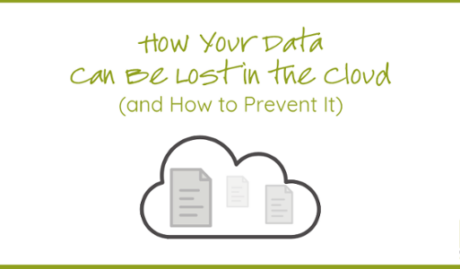Find out the difference in our new video
In years gone by, we may have thought the chance of experiencing a cybersecurity breach was pretty low but, these days, the more aware business leaders talk not about the possibility but of when a cyberattack will happen. So let’s talk about how can we take preventative action to defend our computer systems and keep the risk of an attack to a minimum.
In this digital age where almost everything can be found online and in the cloud, malicious attackers have a much wider window of opportunity to conduct their mischievous agendas. Businesses are becoming more and more familiar with cyber security breaches and the associated damage and downtime which impacts those attacked.
For the first half of 2019 alone, over forty organisations in Australia reported data breaches (source: webberinsurance.com.au) and they are just the cases officially reported. One report gathered from the quarterly statistics report of the Office of the Australian Information Commissioner (OAIC) showed a staggering ten million people affected by a single data breach incident that happened this year. On average, the OAIC received around 72 notifications of data breach reports per month from January to March 2019. That is contact information, financial details, personal identification, health information and more sensitive data being passed around the dark web unbeknownst to its users.
Many cyber security defences set up for businesses are primarily focused on protecting high profile accounts, but what is often overlooked is that cyber attacks have evolved over the years and the attackers have become more patient and strategic with their actions. Often they begin by targeting the more vulnerable and least protected profiles. From there, they penetrate upward into the organisation’s core data and before you know it, you’ve lost vital information just by leaving the backdoor open.
With the advancement in technology and the evolution of cyber attacks, cyber security is no longer optional – it is now a necessary part of building and maintaining a long-running, secure business.
First Line of Defence: Firewalls
One of the primary ways of defending our computer systems is through the use of firewalls.
What is a firewall? In order to use programs and apps that connect to the cloud, we need to be able to access the public internet from our private network. Firewalls block access to or from our private networks from unauthorized web users or illicit software while we’re connected to the Internet. A firewall may be implemented using hardware, software, or a combination of both.
Routers can provide some basic firewall services, but only offer minimal defence. As cyber criminals improve their strategies in conducting their attacks, the development and usage of firewalls has also needed to evolve. Enter the intelligent unified threat management firewall.
What is an Intelligent Firewall and how is it different from the usual firewall?
An intelligent firewall is similar to an ordinary router but it does more than basic firewalling. It works through your Internet traffic to filter, scan and look for potentially malicious activities going on in the background and sends out alerts to let you know about threats coming into your network so you can immediately diagnose the problem.
It also has the ability to enforce internal policies like preventing your staff from browsing and accessing potentially harmful or inappropriate websites at work. With the evolution of AI, some manufacturers are even using deep learning in their machines to track historical attacks to automatically prevent similar actions in the future.
How do I know if I have an intelligent firewall?
The simplest way to learn if you do have an intelligent firewall in place is to ask your IT partner.
You can also look for some of the most trusted names when it comes to intelligent firewall devices. Here are some of the vendors that are known to do an extremely great job of securing your business network through the use of intelligent firewall appliances:

One of the top picks when it comes to endpoint protection. This award-winning vendor incorporates artificial intelligence and Endpoint Detection Response (EDR) technologies to provide a smart and reliable defence line for your network.
Created by the leading network device manufacturer Cisco, Meraki pushes simplicity and Cisco technologies forward to provide a rich and seamless experience to newer generations. By utilising the cloud with wireless connections, Meraki promotes a more convenient approach to network management while ensuring the security of data within a wireless network.

Sonicwall has a broad range of products from hardware to other services to provide effective network security, control and visibility. It also integrates deep learning to be able to prevent repetitive intrusions to the network.

Costs and Benefits
Having an intelligent firewall will involve more costs than relying on a basic router, but also provides significantly more protection. An intelligent firewall is more than just a physical device. With the constant evolution and increasing sophistication of cyber attacks, an intelligent firewall needs to be connected to its vendor platform to deliver the latest updates, AI rules and knowledge in order to stay ahead of the game and continuously provide you reliable security services.
Having a strong firewall protecting your network should not be considered optional in this day and age. With technology progressing so quickly and as we become more and more reliant on the internet to access our business systems, it’s imperative to have a solid layer of defence protecting your business data.
Now that you understand what an intelligent firewall is and its importance, start talking to your trusted IT partner to discuss the right firewall options for your business network. Seek the help of someone who can help you align your business goals and IT budget with your network security plan to ensure your business is well defended from cyberattacks.
This article is part of a cyber security series by Grassroots IT and The Power Up Project podcast.
Back to more news, updates and resources or learn more about Cybersecurity






















